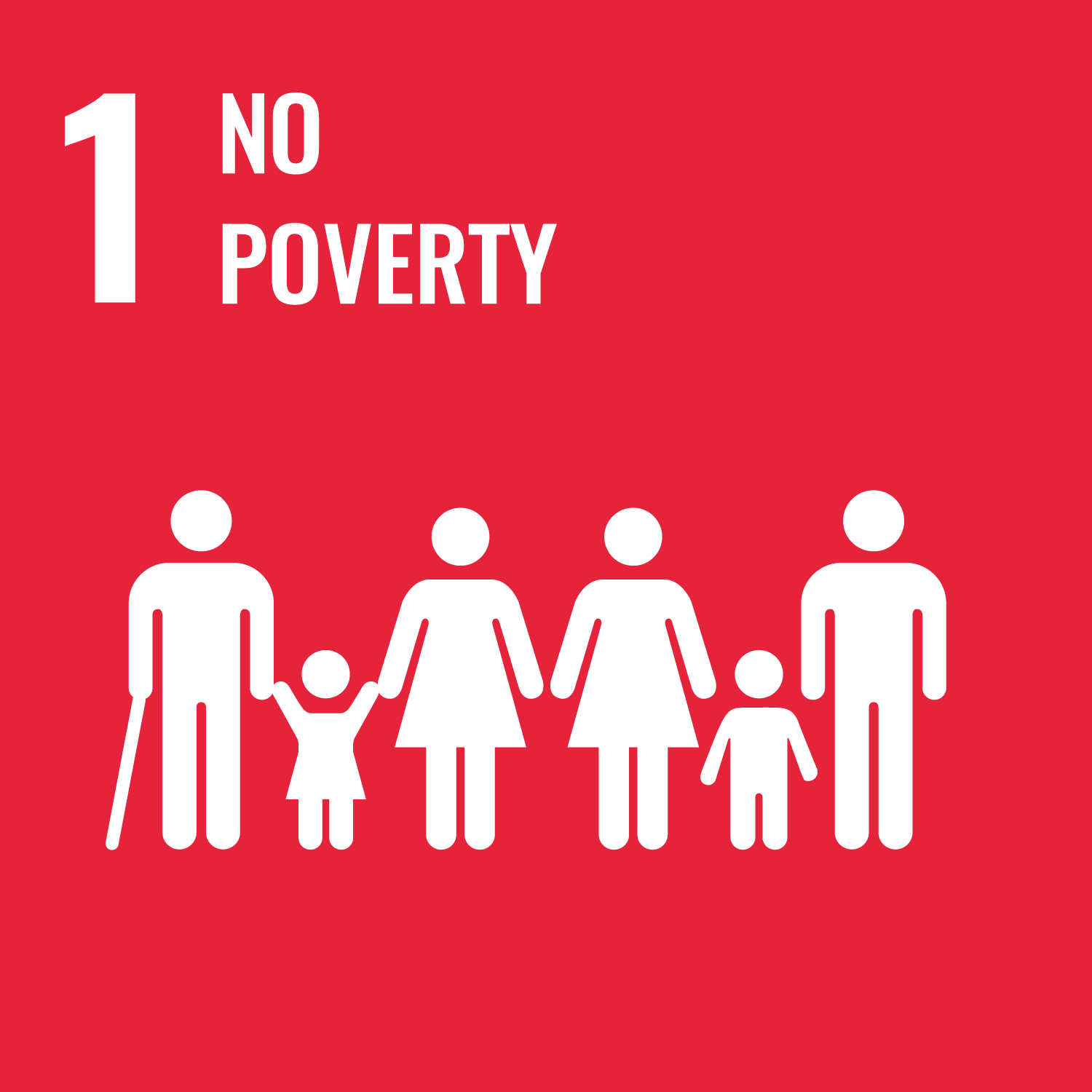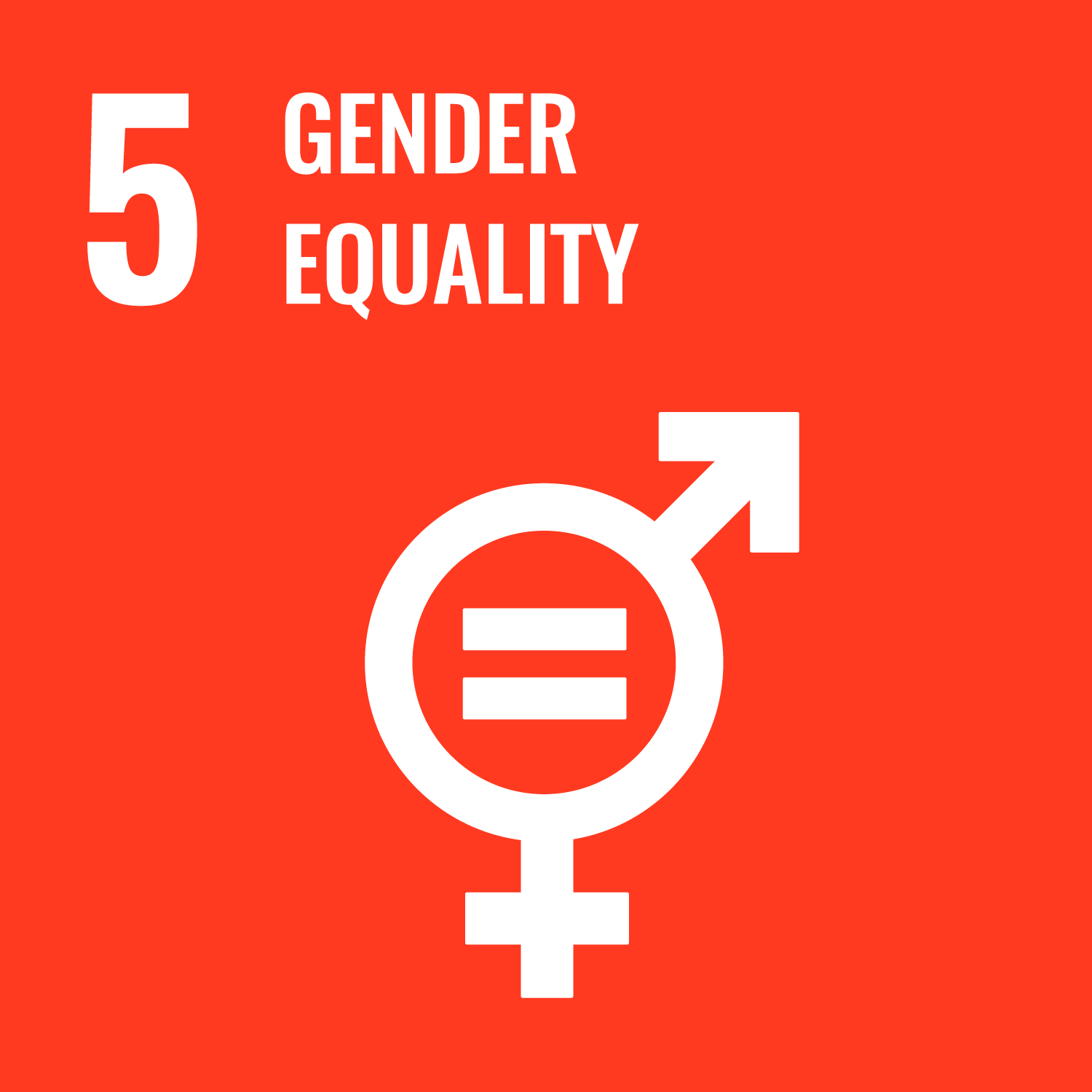Have you ever pondered what it means to "work"? What does "working" mean and what does it mean in life? For many of you, "learning"
has been your main life until now, but after graduating from university, "working" will change to your main life. In this
lecture, everyone before "working" became the main life (and everyone before writing out ES in a hurry when it was job hunting)
understood the true meaning of "working (working)". I want to get it.
This lecture consists of (1) lectures and exercises, and (2) lectures by guest lecturers. In lectures and exercises, you will learn how to approach your career (job hunting) and how to express yourself, and practice those lessons through exercises (individual, pair, group work). In addition, guest lecturers and comments on the final project will be attended by graduates of our school or those who have a deep knowledge of careers and human resources.
In the final assignment, the students will be the hiring managers (or entrepreneurs) of the company, clarify the human resources required for the organization, and conduct (fictitious) recruitment (ES creation, interview implementation). On the other hand, we will also perform role-plays (creating ES, applying for interviews) on the side of job hunting, and experience both the positions of "hiring side" and "hiring side". Through this lecture process, we will develop the perspectives of both the "employer" and "receiver" and understand the essence of "working" and "getting a job".
[Caution] This is a 7-week lecture.
This lecture consists of (1) lectures and exercises, and (2) lectures by guest lecturers. In lectures and exercises, you will learn how to approach your career (job hunting) and how to express yourself, and practice those lessons through exercises (individual, pair, group work). In addition, guest lecturers and comments on the final project will be attended by graduates of our school or those who have a deep knowledge of careers and human resources.
In the final assignment, the students will be the hiring managers (or entrepreneurs) of the company, clarify the human resources required for the organization, and conduct (fictitious) recruitment (ES creation, interview implementation). On the other hand, we will also perform role-plays (creating ES, applying for interviews) on the side of job hunting, and experience both the positions of "hiring side" and "hiring side". Through this lecture process, we will develop the perspectives of both the "employer" and "receiver" and understand the essence of "working" and "getting a job".
[Caution] This is a 7-week lecture.
The purpose of this lecture is to understand the essence of "working" through individual and group work, role-playing, discussions,
and lectures by seniors (and recruiters) of companies. .. By understanding the essence of working, the ultimate goal is to
be able to find your own answers and solutions to the internships and job hunting that you will face in the future.
[Caution] All lessons follow the style of active learning (find yourself, not passively). The reason is that the essence of "working" is not something that is taught by others, but can only be understood by noticing and discovering it. We do not focus on superficial techniques and skills related to job hunting (please acquire these topics yourself at career seminars, etc.). We welcome anyone who wants to understand the "essence" of working actively rather than passively.
[Caution] All lessons follow the style of active learning (find yourself, not passively). The reason is that the essence of "working" is not something that is taught by others, but can only be understood by noticing and discovering it. We do not focus on superficial techniques and skills related to job hunting (please acquire these topics yourself at career seminars, etc.). We welcome anyone who wants to understand the "essence" of working actively rather than passively.
- To understand the essence of "working (= working)"
- To understand the steps to "work" and what is required at each step
- To actively design your own steps to "work" based on the lessons learned in this lecture
- To imagine myself when I actually got a job while seriously thinking about "career = not just a job hunting and working"
| Class schedule | HW assignments (Including preparation and review of the class.) | Amount of Time Required | |
|---|---|---|---|
| 1. | Orientation: Outline and schedule of lectures, introduction of grade evaluation methods, etc. Think about "job hunting" (introduction) -"Job hunting" is the same as ●●! -What you need for "job hunting" ●● Power! |
Carefully check the distributed materials and decide on the course | 220minutes |
| 2. | Know the other party (1) -What is the other party? -The other party is issuing various ●●●! -Find the other party's ●●● and read it! Group work: Develop a hiring strategy from the perspective of the hiring manager |
Carefully check the distributed materials and proceed with the assignment | 220minutes |
| 3. | Know yourself (1) -Think about what you write your resume for -Know the essence of job hunting from your resume -●● Various ways to know Group work: Thinking about ES questions as a recruiter |
Based on the lecture, organize your career design.・ Summarize the questions to the guest speakers next week | 220minutes |
| 4. | Know the other party (2) -Guest lecture: Delve into "job hunting" from the perspective of the company Group work: Think about interview questions as a recruiter |
Create a review sheet based on the content of the statement and submit it next week. | 220minutes |
| 5. | Guest speaker (3nd) – What is work? What is necessary capacity? ・Presentation and discussion with the guest speaker |
Create a review sheet based on the content of the statement and submit it next week. | 220minutes |
| 6. | Pseudo-experience recruiters (1) Pseudo-experience job hunting students (1) Review your performance based on comments and comments from guests |
Create a review sheet based on the content of the statement and submit it next week. | 220minutes |
| 7. | Pseudo-experience recruiters (2) Pseudo-experience job hunting students (2) Review your performance based on comments and comments from guests Overall summary and confirmation of achievement |
Create a review sheet based on the content of the statement and submit it next week.speech and group discussions, and submit it next week | 220minutes |
| Total. | - | - | 1540minutes |
| Weekly assignments | "Name" project | Final project | Total. | |
|---|---|---|---|---|
| 1. | 10% | 5% | 8% | 23% |
| 2. | 10% | 5% | 8% | 23% |
| 3. | 15% | 5% | 7% | 27% |
| 4. | 15% | 5% | 7% | 27% |
| Total. | 50% | 20% | 30% | - |
① Weekly Assignments 50%
② "Exploring the birth of your name" project 20%
③ Final project
Looking back on the "adopted side" 15%
Looking back as an "adopter" 15%
Total ... 100%
* The ratio of each evaluation item is subject to change.
Evaluation criteria for each issue or project
Answer (respond) concretely and politely to all given tasks and questions from an excellent perspective ... 90% or more
Some of the given tasks and questions are answered concretely and politely from an excellent perspective ... 80% to 89%
Responding (responding) concretely and politely to given issues and questions from an appropriate perspective ... 70% -79%
Answering (answering) a given task or question from an appropriate perspective ... 60-69%
Not answering (answering) a given task or question from an appropriate perspective ... 59% or less
② "Exploring the birth of your name" project 20%
③ Final project
Looking back on the "adopted side" 15%
Looking back as an "adopter" 15%
Total ... 100%
* The ratio of each evaluation item is subject to change.
Evaluation criteria for each issue or project
Answer (respond) concretely and politely to all given tasks and questions from an excellent perspective ... 90% or more
Some of the given tasks and questions are answered concretely and politely from an excellent perspective ... 80% to 89%
Responding (responding) concretely and politely to given issues and questions from an appropriate perspective ... 70% -79%
Answering (answering) a given task or question from an appropriate perspective ... 60-69%
Not answering (answering) a given task or question from an appropriate perspective ... 59% or less
Reference books and reference materials will be presented at any time during the lecture.
[Note 1] This lecture does not focus only on job hunting, but it is about thinking about your own career while experiencing
the process of job hunting in a simulated manner. Therefore, we would like to give priority to those who have not completed
job hunting.
[Note 2] The first class talks about the significance of attending, the evaluation method, the overall picture, etc., and is positioned as one of the most important lectures for me. Please participate in the first orientation and carefully check the syllabus distributed on the spot before registering for the course.
[Note 3] All lessons follow the style of active learning (find yourself, not passively). The reason is that the essence of "working" is not something that is taught by others, but can only be understood by noticing and discovering it. We do not focus on superficial techniques and skills related to job hunting (please acquire these topics yourself at career seminars, etc.). We welcome anyone who wants to understand the "essence" of working actively rather than passively.
[Note 2] The first class talks about the significance of attending, the evaluation method, the overall picture, etc., and is positioned as one of the most important lectures for me. Please participate in the first orientation and carefully check the syllabus distributed on the spot before registering for the course.
[Note 3] All lessons follow the style of active learning (find yourself, not passively). The reason is that the essence of "working" is not something that is taught by others, but can only be understood by noticing and discovering it. We do not focus on superficial techniques and skills related to job hunting (please acquire these topics yourself at career seminars, etc.). We welcome anyone who wants to understand the "essence" of working actively rather than passively.
- After the lecture on Monday to 13:00
Face-to-face (Shibaura 702-1)
Zoom - Email Appointment: Will inform you of the address on Scomb.
- Course that cultivates a basic self-management skills
- Course that cultivates an ability for utilizing knowledge
- Course that cultivates a basic interpersonal skills
- Non-social and professional independence development course
| Work experience | Work experience and relevance to the course content if applicable |
|---|---|
| Applicable | The instructors of the course have several years of work experience. |







- 1.NO POVERTY
- 3.GOOD HEALTH AND WELL-BEING
- 4.QUALITY EDUCATION
- 5.GENDER EQUALITY
- 8.DECENT WORK AND ECONOMIC GROWTH
- 10.REDUCED INEQUALITIES
- 16.PEACE, JUSTICE AND STRONG INSTITUTIONS
Last modified : Wed Mar 23 04:28:04 JST 2022

